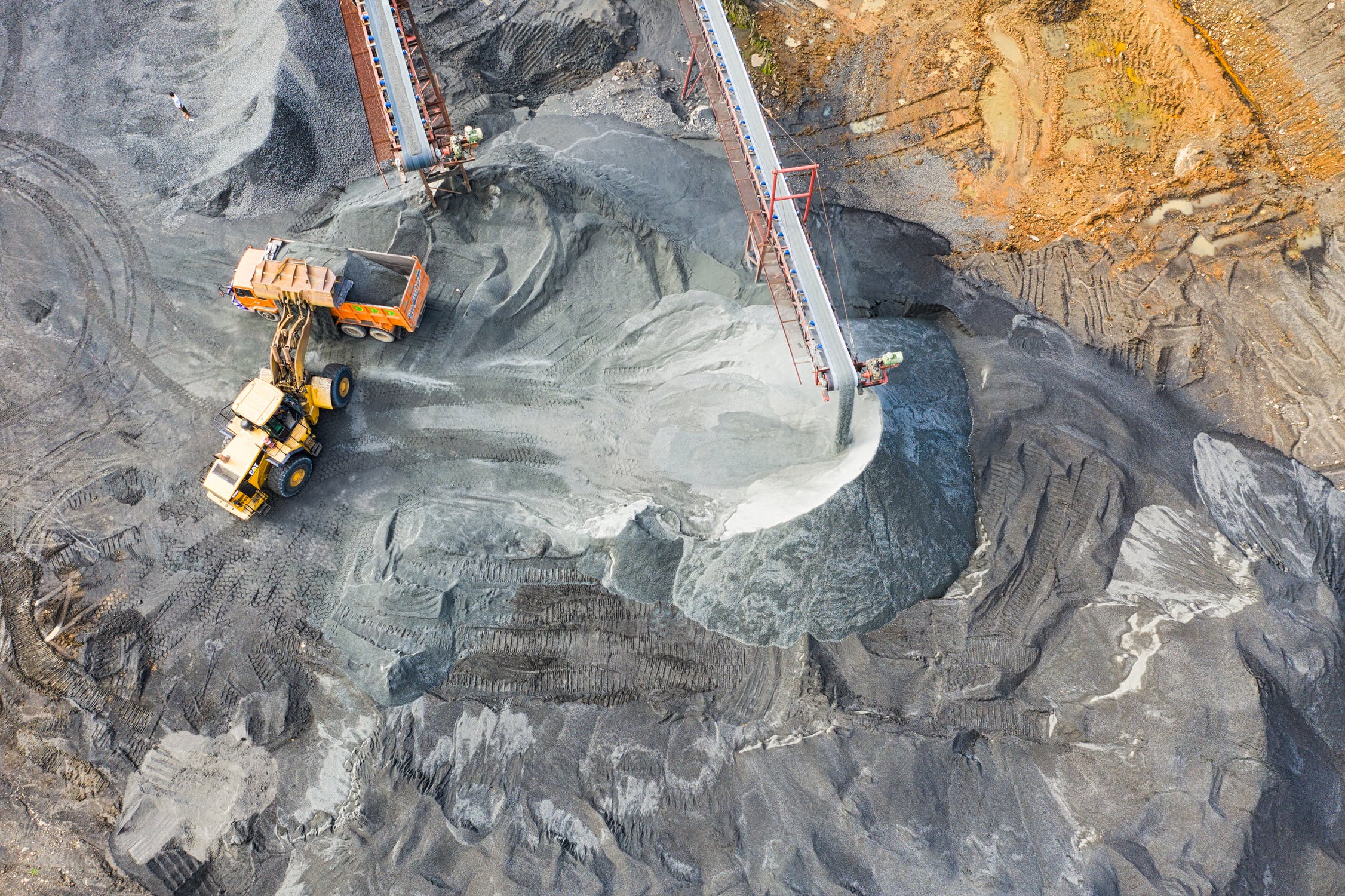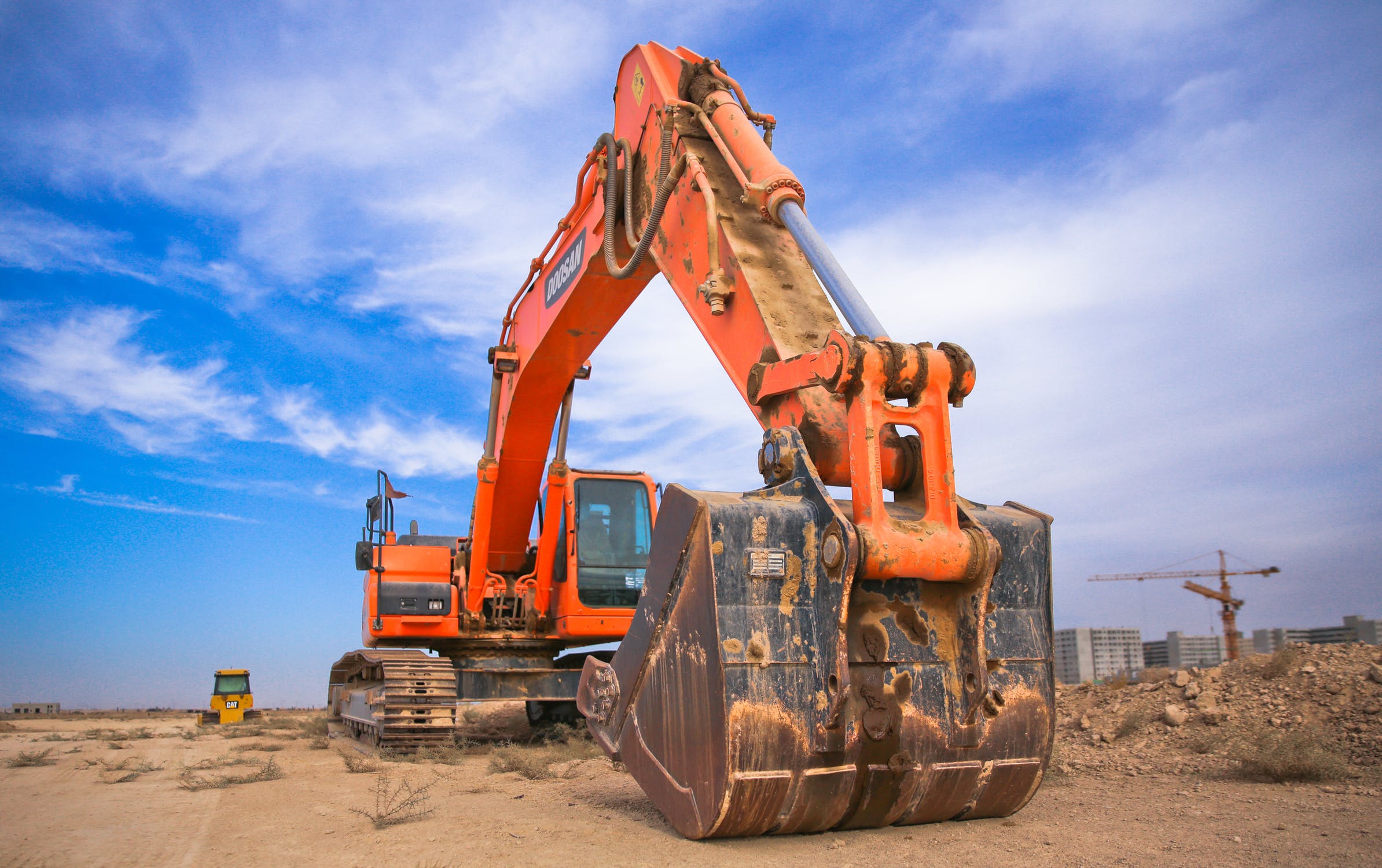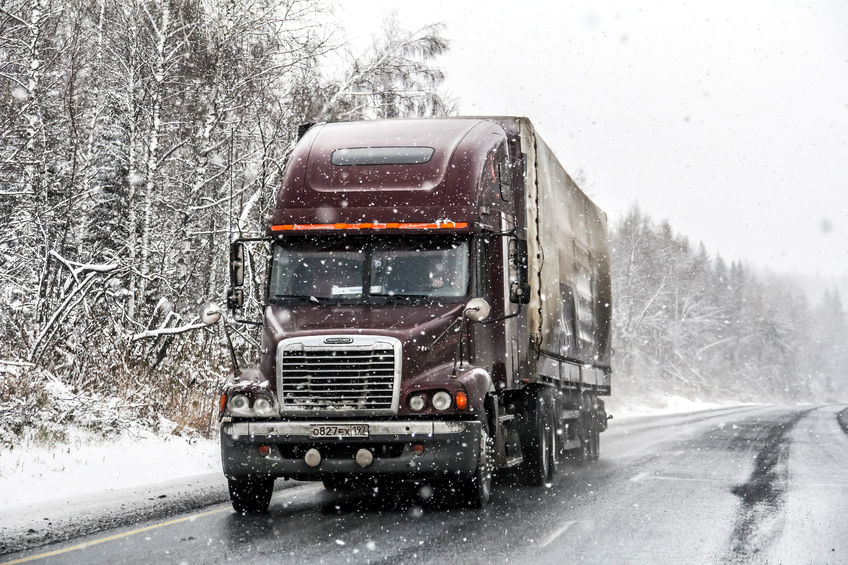Recent Posts
These tips will help you stay safe while operating heavy equipment
Posted on
Safety is always of concern in any industry that relies on heavy equipment. That is true on the construction site and on the farm.
Unfortunately, thought, accidents happen that result in injuries and, in some cases, death. Many of these accidents are preventable, too, proving why safety must always remain a top priority at the work site.
For heavy equipment owners and operators, there are many steps that can be taken to improve on-site safety for all involved. Considering lost time due to injuries or worse results in job down time, a safer worksite is simply better for business.
Implement these strategies for a safer worksite or farm and your business’s bottom line will thank you.
Heavy equipment-related deaths are a serious matter
Though many injuries are common when heavy equipment is involved, death is a very real consequence of not paying attention to safety protocols.
In the construction industry, hundreds of workers die every year due to work-related causes. Of those deaths, four causes are to blame in more than half of the incidents. Those causes are falls, struck by object, electrocutions and caught-in/between incidents. The latter category includes workers killed when they are caught in, compressed by or struck by equipment.
As for the agriculture industry, farmworkers are often at a high risk for on-site fatalities and work-related injuries, according to OSHA.
Most farmworker deaths are the result of tractor accidents, including overturns, runovers, power take-off systems and unintended contact with tractor attachments or implements. OSHA estimates there are about 130 deaths that occur on farms in the U.S. due to tractor overturn incidents.
Knowing how to prevent injuries relating to equipment will help decrease chances of some of the most common injuries occurring on your farm or construction site.
Tips for preventing heavy equipment injuries
Many heavy equipment operators would do well to take proper precautions and safety measures to prevent injuries related to heavy equipment from happening more frequently. Some tips may appear basic or fundamental. That’s because they are. It’s often when the basic, every-day safety measures are not given enough attention that accidents happen.
Continue reading to review these helpful - and potentially life-saving - tips.
1. Train workers, farmhands on all equipment
No matter the situation, no worker who has not been trained on how to handle a specific piece of equipment should be allowed to operate that equipment. Make sure every worker is properly trained for all equipment they will be operating.
Training should be all-encompassing, from mounting to the final dismounting of the equipment. This training should also be a mix of in-the-classroom and hands-on. All the basics should be reviewed, too, including how to identify hazards, equipment safety features and how to safely maneuver the machinery.
2. Visually inspect equipment before operating
Before even mounting and starting heavy equipment, operators should always perform a visual inspection. Be sure to walk around the equipment, keeping an eye out for damage, tire pressure and anything else that may seem out of place on the exterior. Then, move to the cab. Again, look for anything that could be out of place, missing or damaged.
Make performing visual inspections an everyday habit and the risks of workers starting up and operating unsafe equipment will decrease.
3. Load and unload safely
If an operator will be loading and unloading equipment, have them first make sure that they are doing so on level ground. Loading or unloading equipment on uneven ground could increase the risk of equipment tipping or rolling completely over, putting everybody nearby at risk of serious injury or worse.
When on a busy job site, make sure to check for other people and vehicles to make sure the area is clear before unloading. When in doubt, have a spotter on hand to help.
4. Be aware of your surroundings
Operating heavy equipment is often a dangerous job to begin with. Jobsite conditions can make it even more dangerous. That is why operators must always remain aware of their surroundings when running machinery and equipment.
Take note of all hazards in the area the equipment is being used that could have an effect on operating the equipment. Hazards could include overhead wires, underground structures, underground lines, weather conditions and other workers or equipment near the work site.
5. Communicate with others
Communication on the job site is key to everyone remaining safe. Construction Equipment offers an excellent piece of advice when it recommends having a two-way radio on hand to communicate with others on the job. However, if that’s not an option, communicate using hand signals and spotters that can help you make sure you are not putting yourself, others or your equipment at risk when using.
6. Know your machinery’s limits - and your own
Perhaps one of the most important safety tips for heavy equipment operators is to always know how a piece of equipment is intended to be used and respect its limits.
Each piece of equipment has a purpose and is designed to do only certain tasks. Use them only how they are intended. Also be careful not to exceed equipment limitations, such as payload and lift limits.
Finally, every operator must know their own limits. Don’t allow anyone to perform work in situations they find uncomfortable. Let operators know that, when in doubt, they need to communicate with others around them and ask for assistance when needed.
7. Perform an inspection when work is done for the day
It is always a good idea to perform another visual inspection once an operator is done working with equipment for the day. This inspection will be similar to the one that should be performed at the start of the day when work is about to begin.
Performing these inspections can identify potential safety issues that can be addressed before the equipment is used again. This helps extend the service life of the equipment.
Always be sure to check tires, fluid levels, filters, belts and signs of damage. There are resources available that include inspection lists for heavy equipment.
Keep air filters clean
When inspecting heavy equipment, you likely will notice that its air filter accumulates too much dirt and grime over time. Keep the equipment’s diesel engine running at peak performance levels by cleaning the air filter with Filter Blaster.
Learn more about the benefits of cleaning with Filter Blaster and remember - always keep these safety tips in mind when operating heavy equipment.

Here's what you should know about cleaning heavy equipment air filters
Engines operate more efficiently and more powerfully when air flows through unrestricted. To allow for proper air flow, heavy equipment air filters must remain as clean as possible. That means that heavy equipment and other machinery operators must keep a close eye on air filters to determine whether they be dirty enough to warrant cleaning. But [...]

Why you should clean your heavy equipment's air filters
You know how important it is to keep your equipment running and performing at a high level. Better performance means a more productive work day. To keep all your heavy equipment operating as desired, though, you need to focus on protecting one of the most important components of any piece of machinery: the engine. And [...]

7 Tips for Keeping Your Heavy Equipment Operating This Winter
Old Man Winter has made his return felt throughout much of the country. For heavy equipment owners and operators, that means making sure you take the right steps toward keeping your machinery operating at a high level even as temperatures reach their lowest levels of the year. Here are seven tips on what you can do [...]
 Loading... Please wait...
Loading... Please wait...





